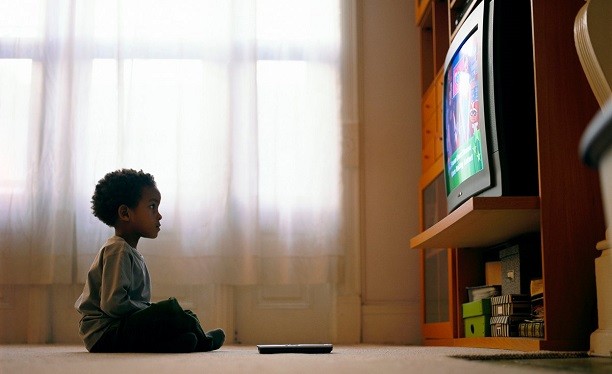
Just as many things have changed in today’s world, the activities young people do have also changed. If we were to give an example of these, there is no doubt that they do not leave television constantly. Constantly watching movies and TV series can have both positive and negative effects on young people.
Movies and TV series can be educational and provide valuable information about different cultures. They can also help young people explore their creativity. It also provides young people with a temporary opportunity to relieve stress. They can also be a source of inspiration that motivates young viewers.
However, excessive consumption of movies and TV series can also have negative consequences. It can contribute to health problems, primarily by leading to a sedentary lifestyle. Excessive screen time can also affect sleep patterns. Additionally, exposure to unrealistic depictions of beauty, wealth, and success in movies and TV series can create unrealistic expectations and lower self-confidence among young people. This can lead to dissatisfaction with their own life. Another disadvantage is the potential for addiction. Binge watching can become a habit that negatively affects academic performance and relationships. It can lead to a lack of productivity, reduced social interaction, and limited exposure to real-life experiences.
To achieve a balance, it is valuable for young people to participate in a variety of activities such as physical exercise, socializing, reading and hobbies. Parents and educators play a crucial role in promoting healthy media and encouraging teens to discuss the content they consume. Thus, while young people can benefit from the benefits of movies and TV series, they can also minimize possible negative effects.

